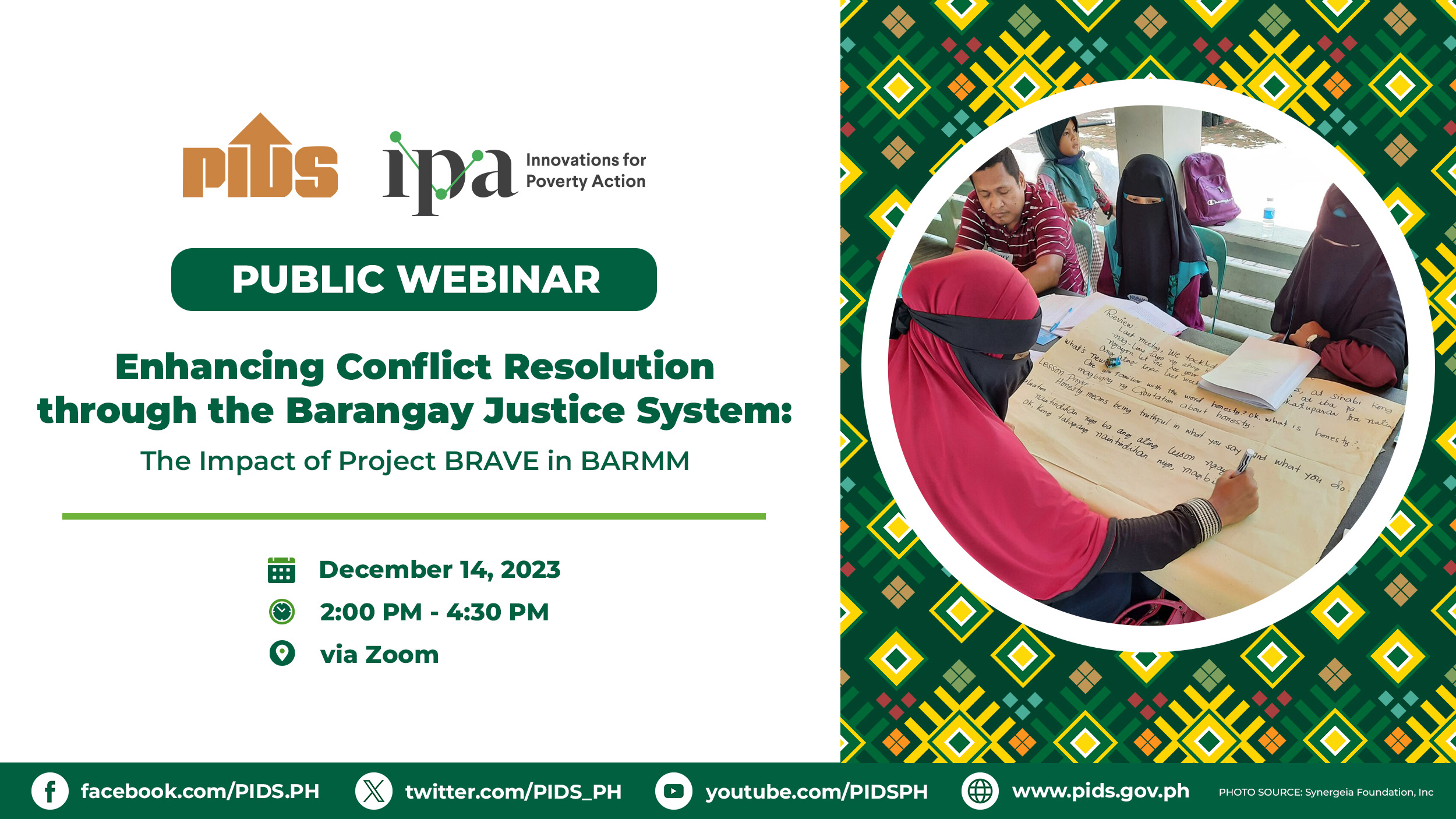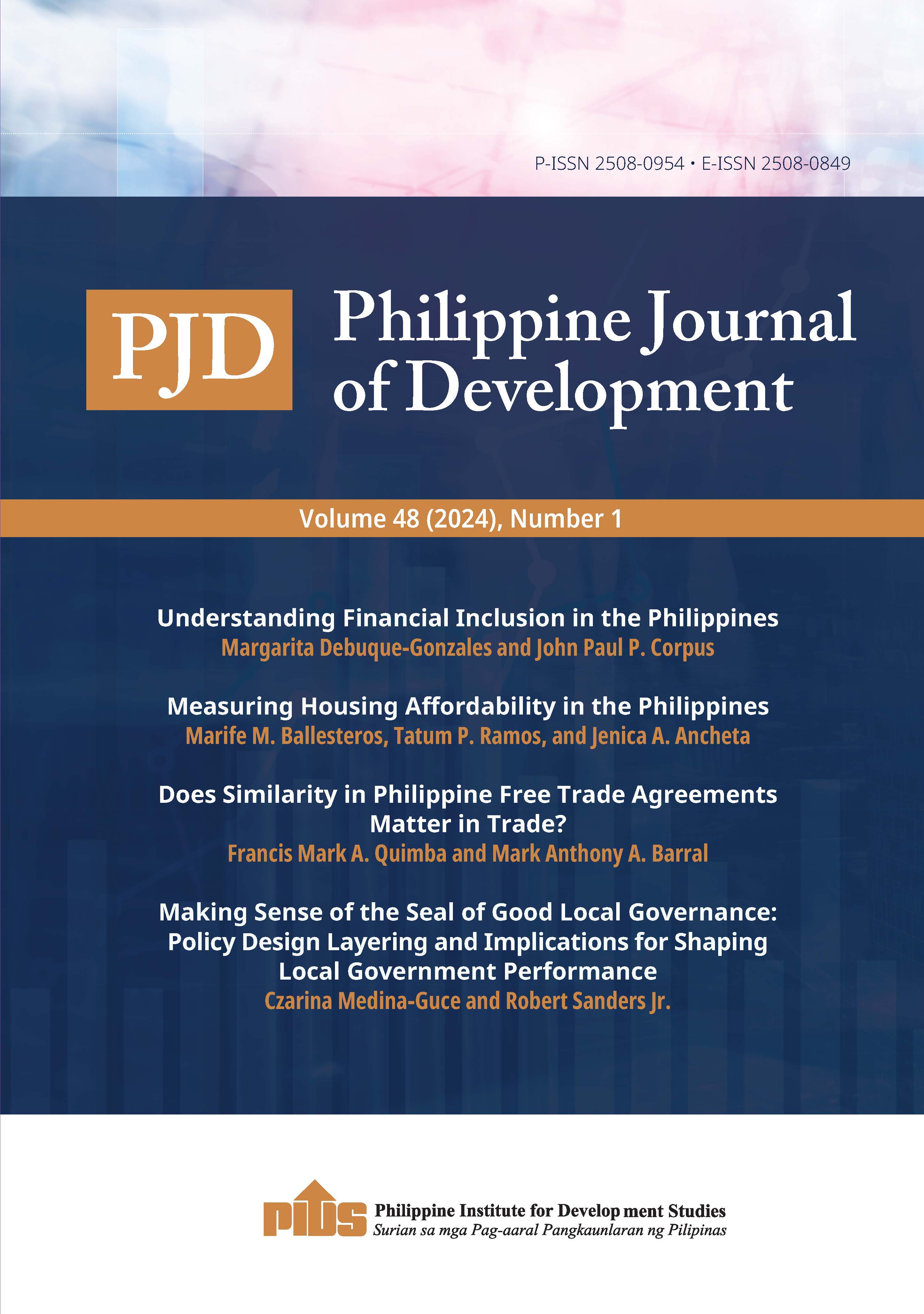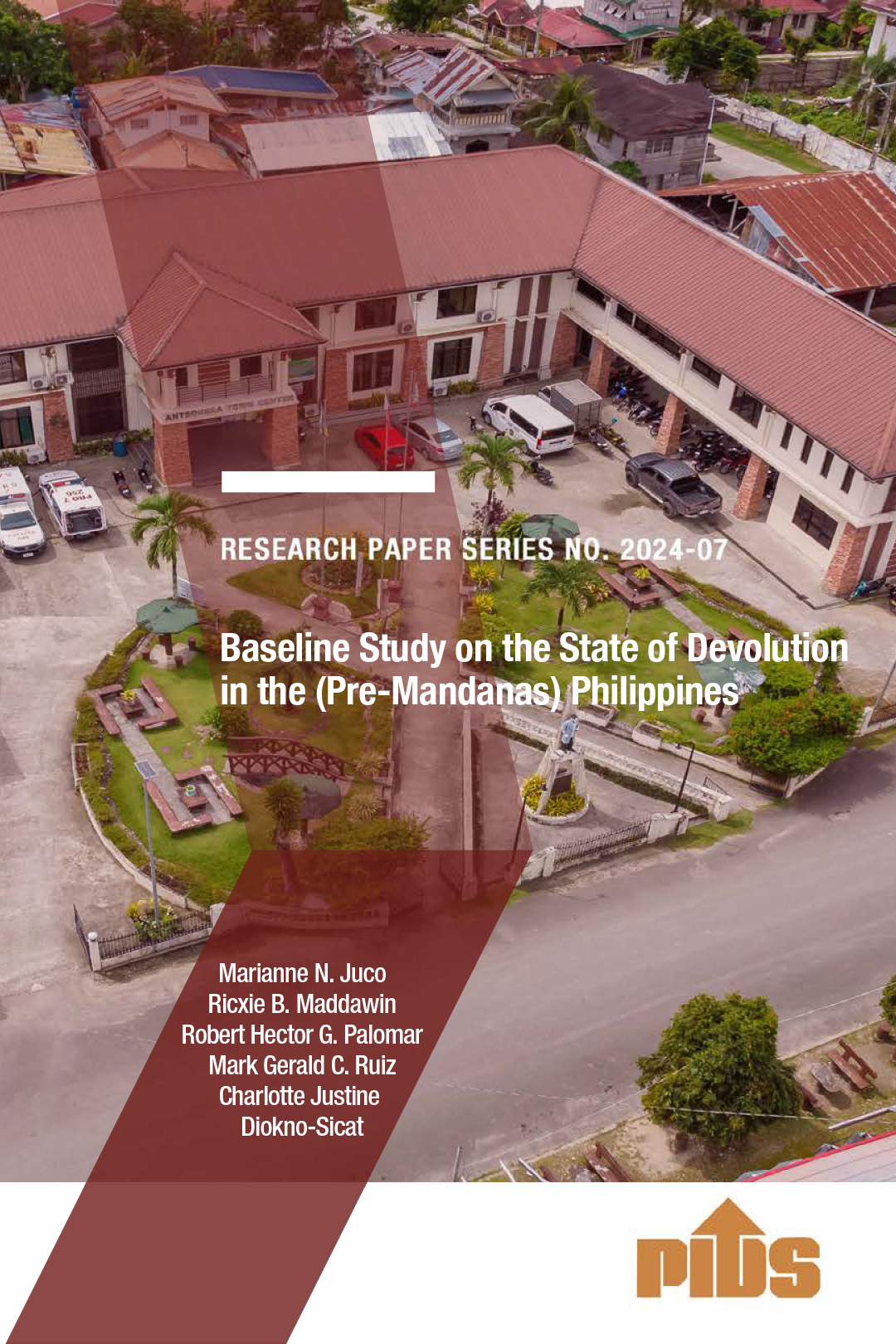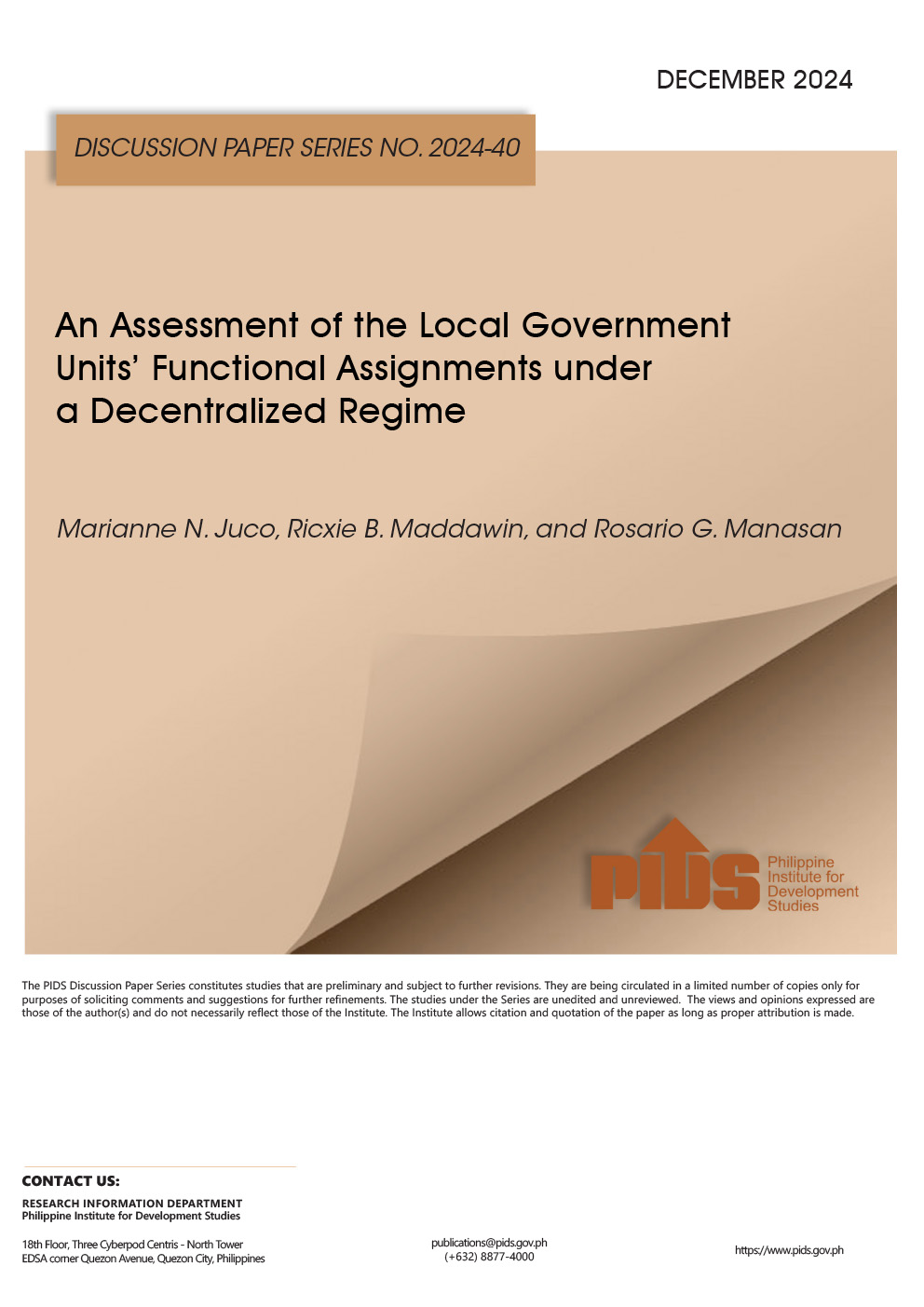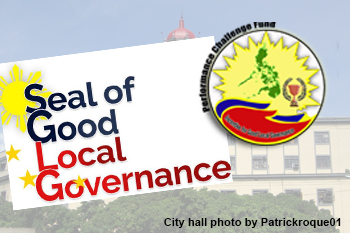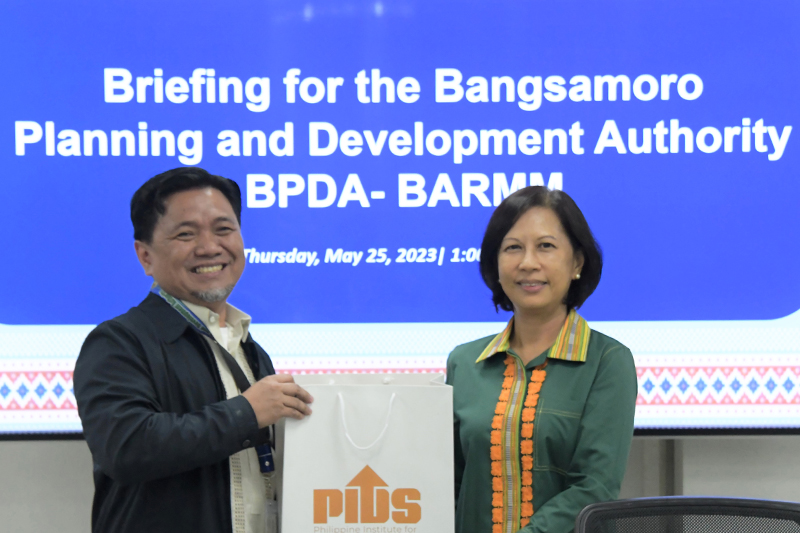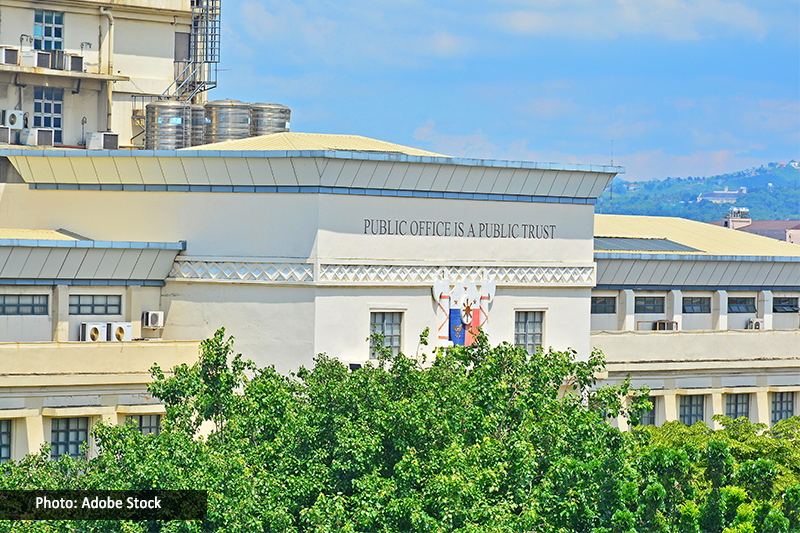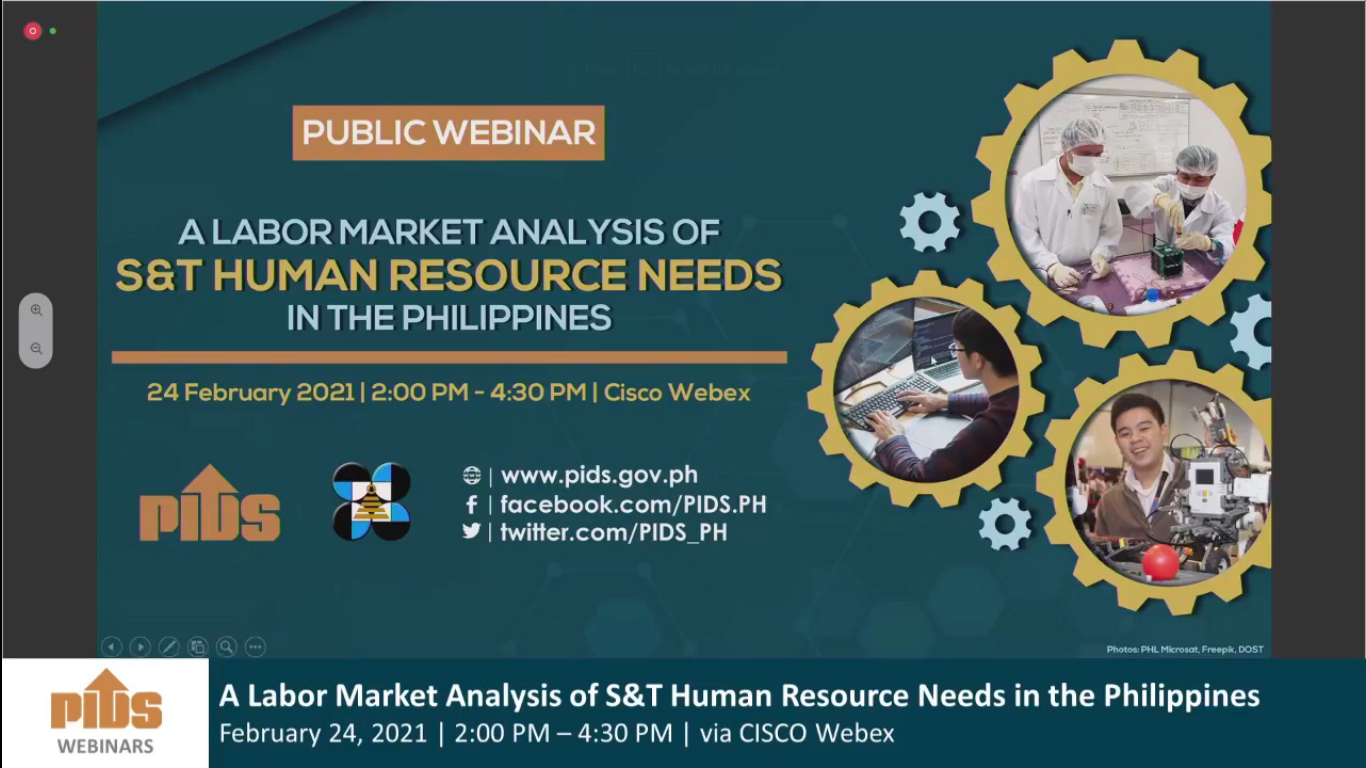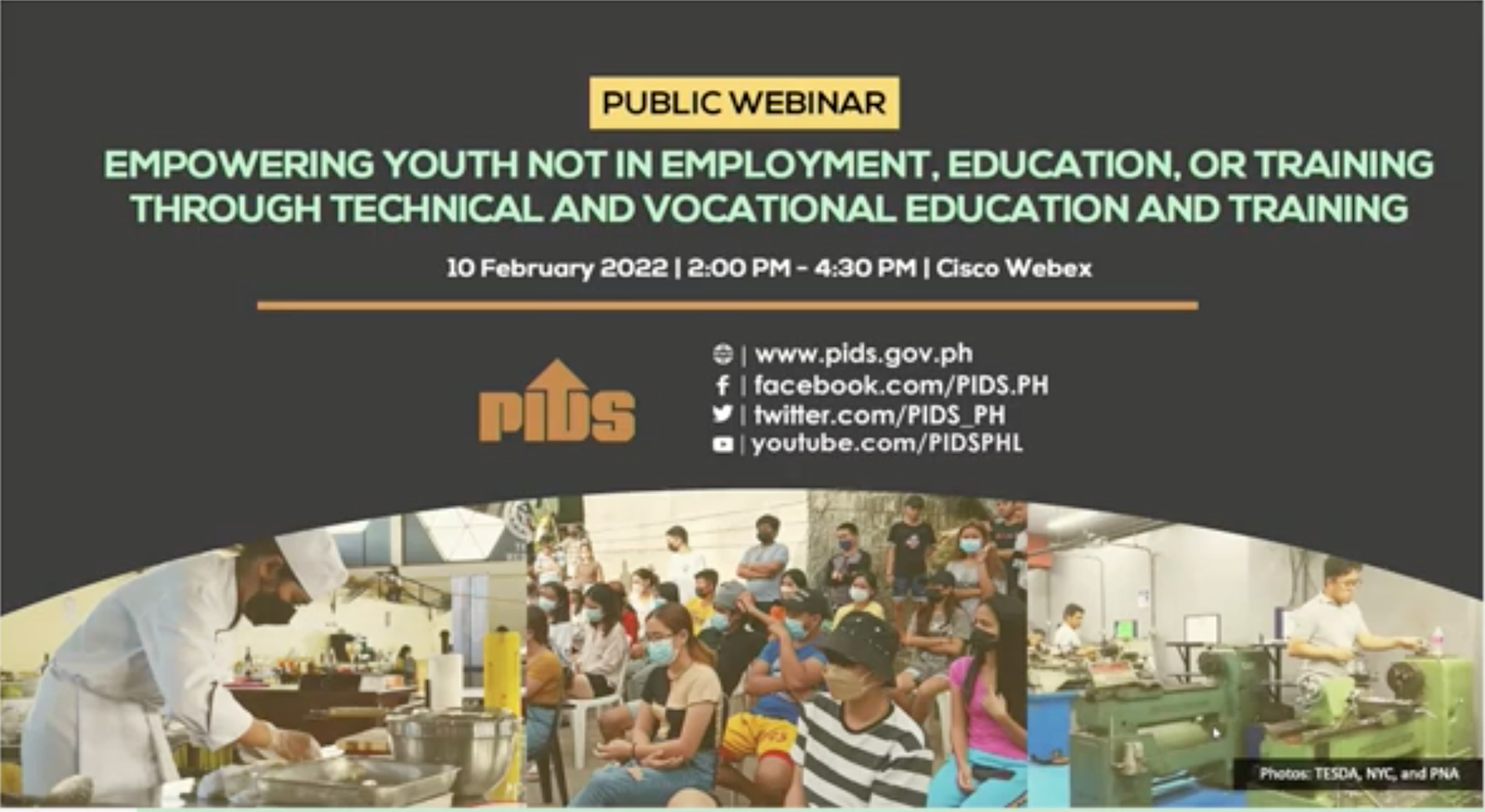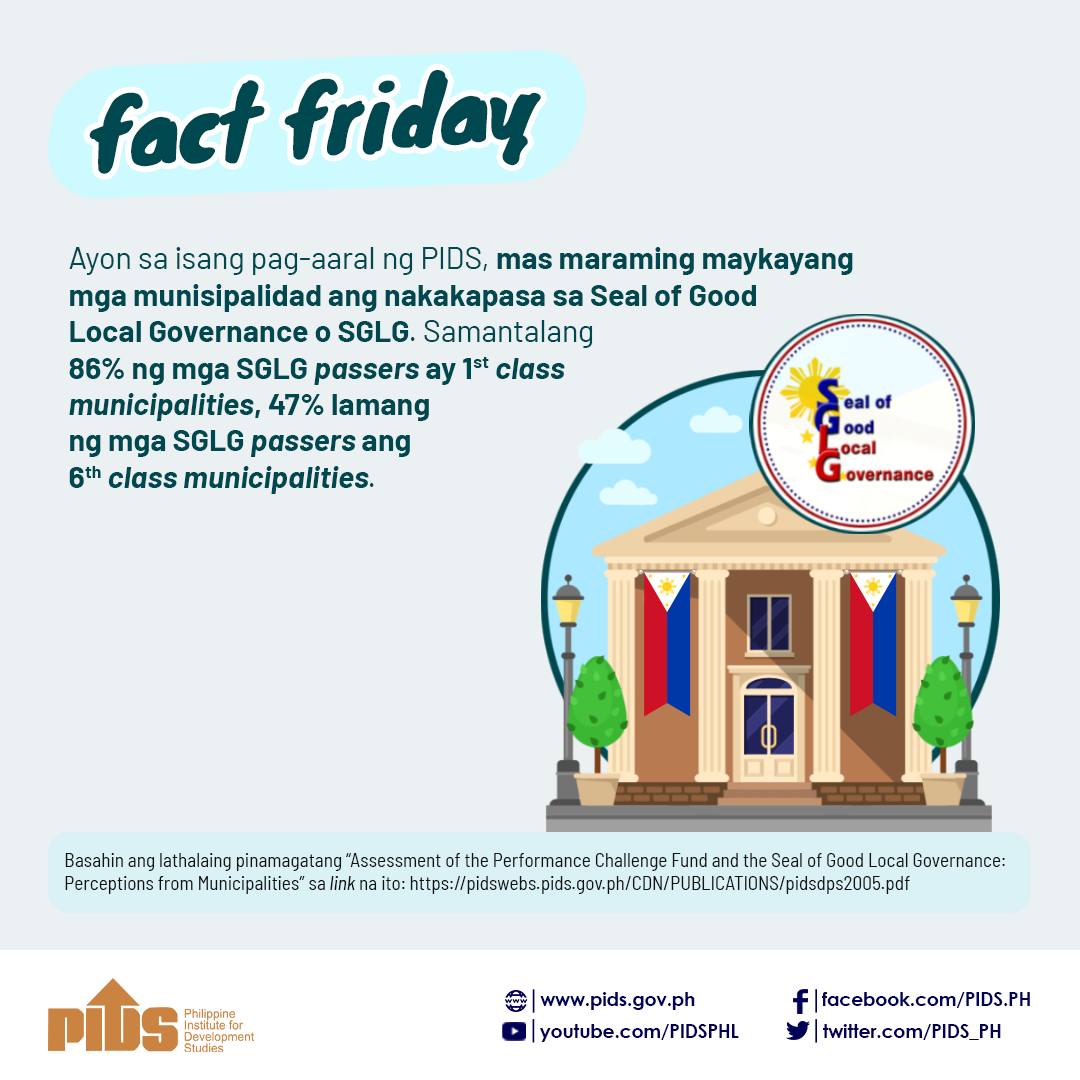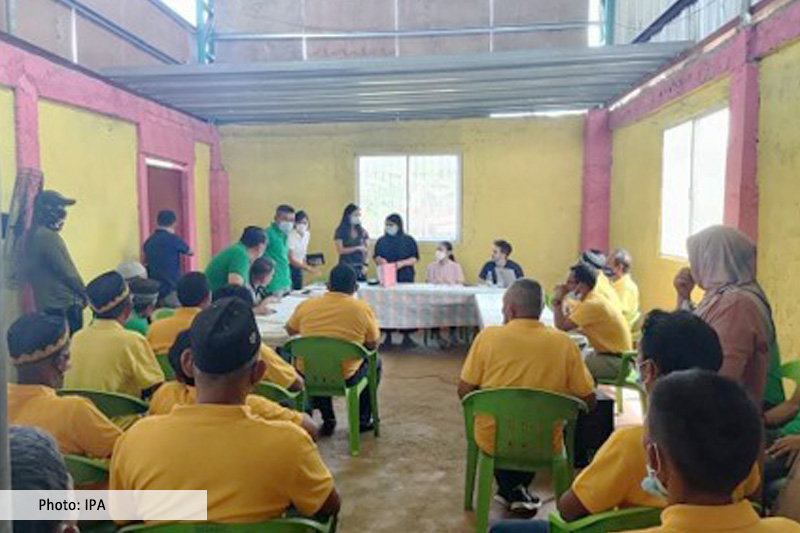
A recent study by the Innovations for Poverty Action (IPA) highlights the need for intensifying training and practical exercises for Barangay Justice System (BJS) mediators particularly in the Bangsamoro Autonomous Region in Muslim Mindanao (BARMM). It suggests that such enhancements could unlock the full potential of BJS in resolving conflicts peacefully within these communities.
This study, which was highlighted at a recent Philippine Institute for Development Studies (PIDS) webinar titled “Enhancing Conflict Resolution through the Barangay Justice System: The Impact of Project BRAVE in BARMM”, evaluated Project BRAVE: Breaking Ascent of Violent Extremism.
Project BRAVE is an initiative aimed at strengthening local governance through BJS also known as Katarungang Pambarangay. It is implemented by Synergeia Foundation, Inc. and funded by the Global Community Engagement and Resilience Fund (GCERF).
Presented by IPA Associate Research Manager Ms. Ma. Isabel Fernandez, the study compared barangays that received Project BRAVE’s program with similar barangays that did not, analyzing changes in knowledge and trust towards the BJS.
While the study found significant improvements in mediator knowledge and community awareness, actual BJS usage remained low. Fernandez outlined several potential measures to further increase program impact including providing additional BJS training, incorporating more hands-on activities, and intensifying informational campaigns.
“By equipping mediators with deeper understanding and honed skills, the study suggests that BJS can become a more trusted and effective mechanism for peaceful conflict resolution in Bangsamoro communities,” she said.
The study also recommends the conduct of more intensive training, practical exercises, and long-term impact assessment to unlock the full potential of the BJS in promoting peace and resolving conflicts within Bangsamoro communities.
The webinar also featured insights from various stakeholders, including Supreme Court of the Philippines Assistant Court Administrator Maria Regina Adoracion Filomena Ignacio and BARMM Ministry of the Interior and Local Government Barangay and Community Affairs Division Chief Cecilia Pelobillo. Both acknowledged the need for tailoring the BJS to the specific needs of BARMM communities and called for further enhancements and expansion of the program.
Atty. Ignacio expressed optimism that increased BJS capacity would lead to greater public confidence in the system’s ability to resolve conflicts and facilitate mutually agreeable settlements. She emphasized the importance of investing in Lupon training, stating that “they effectively serve as three-year judges in their communities”.
Pelobillo, on the other hand, stressed the need for modifications to better suit BARMM’s unique context. “There is no one-size-fits-all approach”, she said. “We need to tailor the BJS program based on our specific circumstances. This requires improving its implementation and institutionalization to make it the go-to system for barangay officials”.
To achieve this, Pelobillo suggested scaling up initiatives like Project BRAVE to make BJS a more attractive option for barangay officials to integrate into their daily routines, ultimately paving the way for seamless institutionalization.
Watch the recording of the webinar at https://fb.watch/p2zbXdbfK8/ or https://youtu.be/zGScjuGjHuQ?feature=shared.
For more videos of PIDS events, go to https://pids.gov.ph/videos. ###

